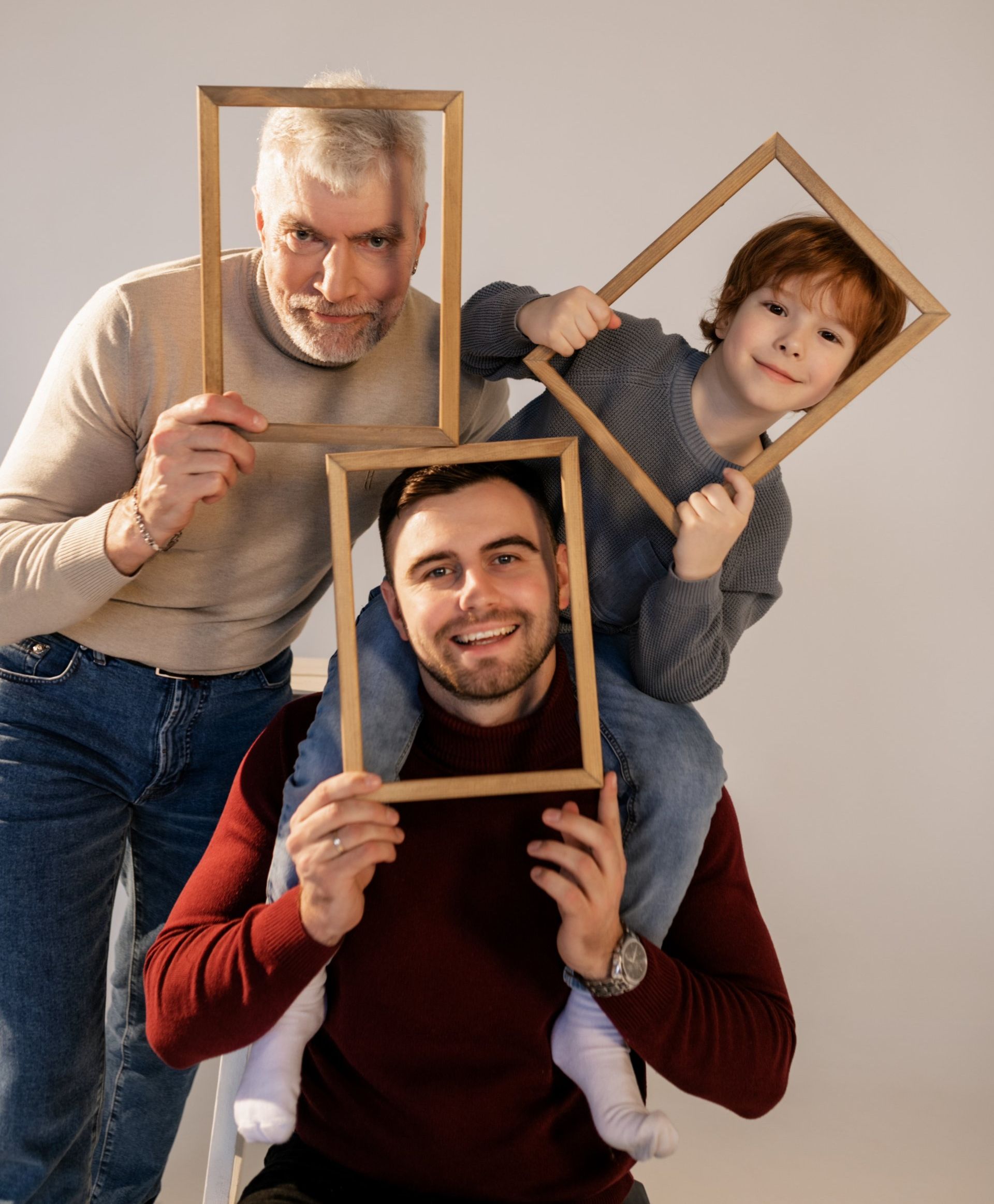Geral Blanchard, LPC, is a psychotherapist who is university trained in psychology and anthropology. Formerly of Wyoming and currently residing in Iowa, Geral travels the world in search of ancient secrets that can augment the art and science of healing. From Western neuroscience to Amazonian shamanism, he has developed an understanding of how to combine old and new healing strategies to optimize recovery, whether from psychological or physical maladies.
MDMA and Intergenerational Growth
In recent years psychotherapists have become increasingly aware of the risk of transmitting trauma intergenerationally.
By examining the impact of the Holocaust, or the experiences of Native Americans who were systematically abused by colonizers including the Catholic Church, it becomes obvious that indirect passage of depression, despair, anxiety, and damaged self-regard are but a few of the ancestral legacies of uninterrupted abuse. If, however, trauma can be passed from generation to generation without direct experience, could it also be possible for the reverse to happen?
Just as we have started to witness the reality of individual post-traumatic growth (PTG) – not just bouncing back after trauma but bouncing forward – could we entertain the concept of intergenerational growth (IG) – in other words, thriving from generation to generation?
**********
First, let’s examine some cultural forces that spawn trauma:
Historical trauma – being removed from their homeland, their burial places, having religious expression and language denied, sacred sites being pillaged, public hangings, etc. It is what people have known and felt, what became rooted in their psychology, and was genetically stored and expressed over hundreds of years or more. We can learn a great deal about people’s future mental health by analyzing what gave rise to inherited patterns of abuse, the stories that were passed on, and what was eventually converted into their family or culture’s DNA.
Systematic trauma of an entire cultural group by dominant agents of power – police brutality, sexually assaultive priests, governmental oppression, indigenous people being shut out of climate discussions, slavery, LGBTQ+ hate, etc. – can leave an entire group of people feeling as if they are lacking, shameful, powerless, and marginalized. Scars can not only befall the persecuted but also the persecutors, both of which can transmit their emotional states forward for generations to come.
It is no longer questioned whether trauma can be transmitted from generation to generation. Now we are acknowledging internalized messages that life is unsafe and unfair, that an entire group of people is unfit for life, liberty, and the pursuit of happiness. The implications are that these ideas can be encoded in people’s bodies (“the body keeps the score”) and can be vertically transmitted. Unconsciously the residue of the past is imparted to descendants – imprinted in their cellular memory. It’s like looking at life through very selective, fear-based, and traumatic lenses. It is a perspective that gets passed on to the children, and their children, and…
So, if trauma is contagious, and it certainly is, instead of passing forward meager survival skills, perhaps the remarkable thriver, an outlier, can pass health forward. If a person can “catch” a disease, they might also be able to “catch” good health.
The latter can be received by developing a strong psychological immune system, experiencing robust cellular growth, by a high-firing neurological system that has undergone neuroplasticity (physical changes), or longstanding expressions of cultural pride.
When one person interrupts the historical chain of events and “upsets the applecart,” it is theoretically possible that intergenerational transmission of pain can be extinguished. It starts with that one individual who fearlessly examines and challenges their personal pain, their unhealthy family patterns, and finds meaning, growth, and direction hidden in the suffering.
It can happen in groups as well with truth and reconciliation tribunals, collective storytelling, strengthening old rituals, resumption of religious activity, etc. By integrating old ways into the “now of recovery” social groups can be fully available to lift each other up. In this manner vertical transmission is being supplanted by horizontal transmission via personal, group, and cultural empowerment.
What awaits trauma victims is the more immediate person-to-person rewards of PTG that cause a rapid evolutionary leap forward. It can psychologically inoculate spouses and descendants from similar pain in their future, what I refer to as future retrieval.
**********
“We can stop the inherited suffering and pass along the wisdom without the pain attached. That’s the beauty of epigenetics – and the promise of posttraumatic growth.”
- Dr. Edith Shiro in
The Unexpected Gift of Trauma
*********
Other Topics
Basics of MDMA
Rituals and Ceremony
Brain and MDMA
Trauma
Heart
Energy Movement
Quantum Physics
Native Cosmologies
Nature
Spirituality/Enlightenment
Kogi Tribe
Books written by Geral T. Blanchard
More Articles



















